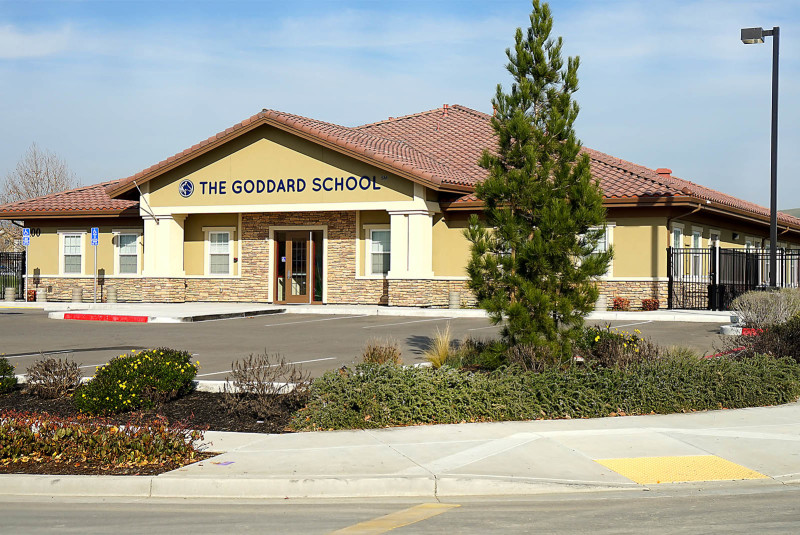Via The Independent.
A small group of local investors plans to build a food hub at Greenville Road and North Front Road, next to Interstate 580, to help boost Valley agricultural production. They have most of their executive team in place.
Their business name will be the Sustainable Food Network (SFN). Their first project will involve construction of a community crush pad winery, with associated winery services, storage, marketing and distribution.
Generally, crush pads have catered to individuals who want to bottle their own wine, but they could also be used by boutique wineries that are too small to have their own facilities.
The hope is that more vintners will be attracted to the Livermore Valley. However, it won’t be only the crush pads that would attract more growers. The whole hub idea provides the underlying structure, said Larry Gosselin, a spokesperson for SFN. Gosselin is a long-time Valley veterinarian and horse rancher.
The whole food hub would occupy 40,000 square feet on a site already acquired by the group. They expect to take one and one-half years to two years to make it operational.
Besides wine, there will be a variety of foods for the table. Customers are anticipated to include restaurants, institutions such as schools and hospitals, and even fresh-food buying clubs.
The operation of the food hub brings together product and customers. Trucks drive out to agricultural producers and pick up their products, return to the hub, and are unloaded. Then the customers — the restaurants and institutions — send their own trucks to the hub to pick up the products. Customers would order on-line the night before, or in the wee hours of the morning.
By 5 a.m., customers’ trucks would be at the hub to pick up the products. Showing up at 7 a.m. might be too late to get the pick of the crop, said Gosselin.
The hub would undertake a process used by Big Agriculture and the supermarket chains, but on a smaller scale for a niche market. It’s a more efficient way of getting locally grown food to customers than just having them show up once each week at a Farmers Market, according to Gosselin.
The hub system is expected to drive the expansion of agriculture in the Valley. Such growth in a Valley subject to droughts might sound counter-intuitive. However, SFN is contacting an expert working in hydroponic agriculture. Using efficiencies from modern inventions, much less water would be needed to grow more crops, said Gosselin.
Another benefit would be preservation of farmland, which would help the county meet the goals set by Measure D for the encouragement of agriculture and the preservation of open space. The more income that landowners can generate, the better able they will be able to stay on the land, and make a living, said Gosselin.
Part of the vision involves creating leadership jobs for younger people, paying attention to diversity throughout the county, said Gosselin. SFN has also talked to a veterans association, which is enthusiastic about providing jobs for some of its members.
Gosselin said that Alameda County Supervisor Scott Haggerty is aware of the food hub, and has given staff time for assistance. Haggerty’s office helped set up an event in June at the fairgrounds, which gave SFN a chance to bring together veterans groups and representatives of the state Employment Development Department, the Small Business Development Center, and the Department of Veterans Affairs.
Farm to Table for Livermore Valley – Jeff Antrim of Proforma is the developer partner.



